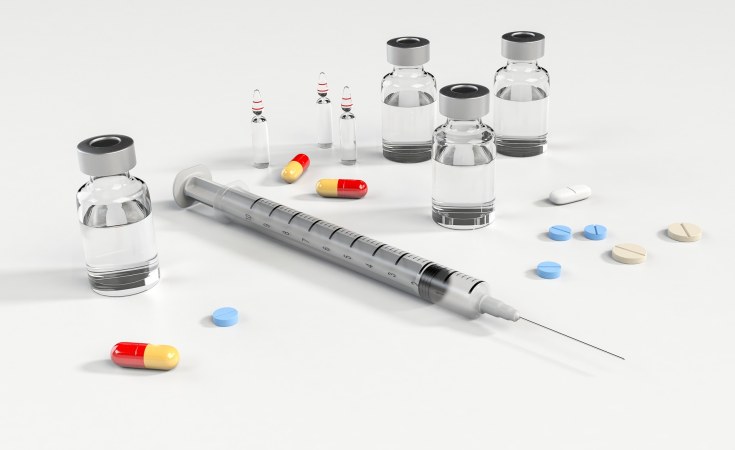Rwanda is one of the African countries with the best coverage for the Diphtheria, Tetanus, and Pertussis vaccine (DPT), new research data shows.
The DPT vaccine coverage is used as the global marker for immunization coverage.
According to new data from the GAVI Vaccine Alliance, a public-private global health partnership that works to improve access to immunization in developing countries, African countries boast the greatest improvement in DPT3 coverage in 2022 compared to 2021.
Liberia had the best improvement of 12 percent to take its general coverage to 78 percent.
Rwanda came second with a 10 percent improvement to achieve a general coverage of 98 percent.
Mauritania was third with an eight percent improvement to take its general coverage to 76 percent, Tanzania fourth with a seven percent improvement to achieve a general coverage of 88 percent, while Guinea Bissau also improved by seven percent to reach 74 percent general coverage.
The three diseases are serious infections that can lead to significant health consequences, including death. Diphtheria and pertussis spread from person to person, while tetanus enters the body through cuts or wounds.
Diphtheria is a bacterial infection that can lead to difficulty breathing, heart rhythm problems, and even death. Tetanus, is also a bacterial infection that causes painful muscle contractions and can lead to death. Pertussis, also known as whooping cough, can cause uncontrollable, violent coughing that makes it hard to breathe, eat, or drink.
According to the World Health Organisation (WHO), 20.5 million children around the globe missed out on one or more doses of their DTP vaccines in 2022. Of these, 14.3 million did not receive a single dose. This, however, represents an improvement from the 18.1 million zero-dose children in 2021.
Dr Tedros Adhanom Ghebreyesus, the WHO Director-General, said the data is encouraging. He gave credit to the people who worked hard to restore life-saving immunization services after two years of sustained decline due to the Covid-19 pandemic.
"But global and regional averages don't tell the whole story and mask severe and persistent inequities. When countries and regions lag, children pay the price," he said.
In a statement, the WHO also commented on the fact that the early stages of recovery in global immunization have not occurred equally, with the improvement concentrated in a few countries.
"Progress in well-resourced countries with large infant populations, such as India and Indonesia, masks slower recovery or even continued declines in most low-income countries, especially for measles vaccination," the statement read.
Meanwhile, vaccination against measles - one of the most infectious pathogens - has not recovered as well as other vaccines, putting an additional 35.2 million children at risk of measles infection.
First-dose measles coverage increased to 83 percent in 2022, from 81 percent in 2021, but remained lower than the 86 percent achieved in 2019.
As a result, in 2022, 21.9 million children missed the routine measles vaccination in their first year of life - 2.7 million more than in 2019 - while an additional 13.3 million did not receive their second dose, placing children in under-vaccinated communities at risk of outbreaks.


